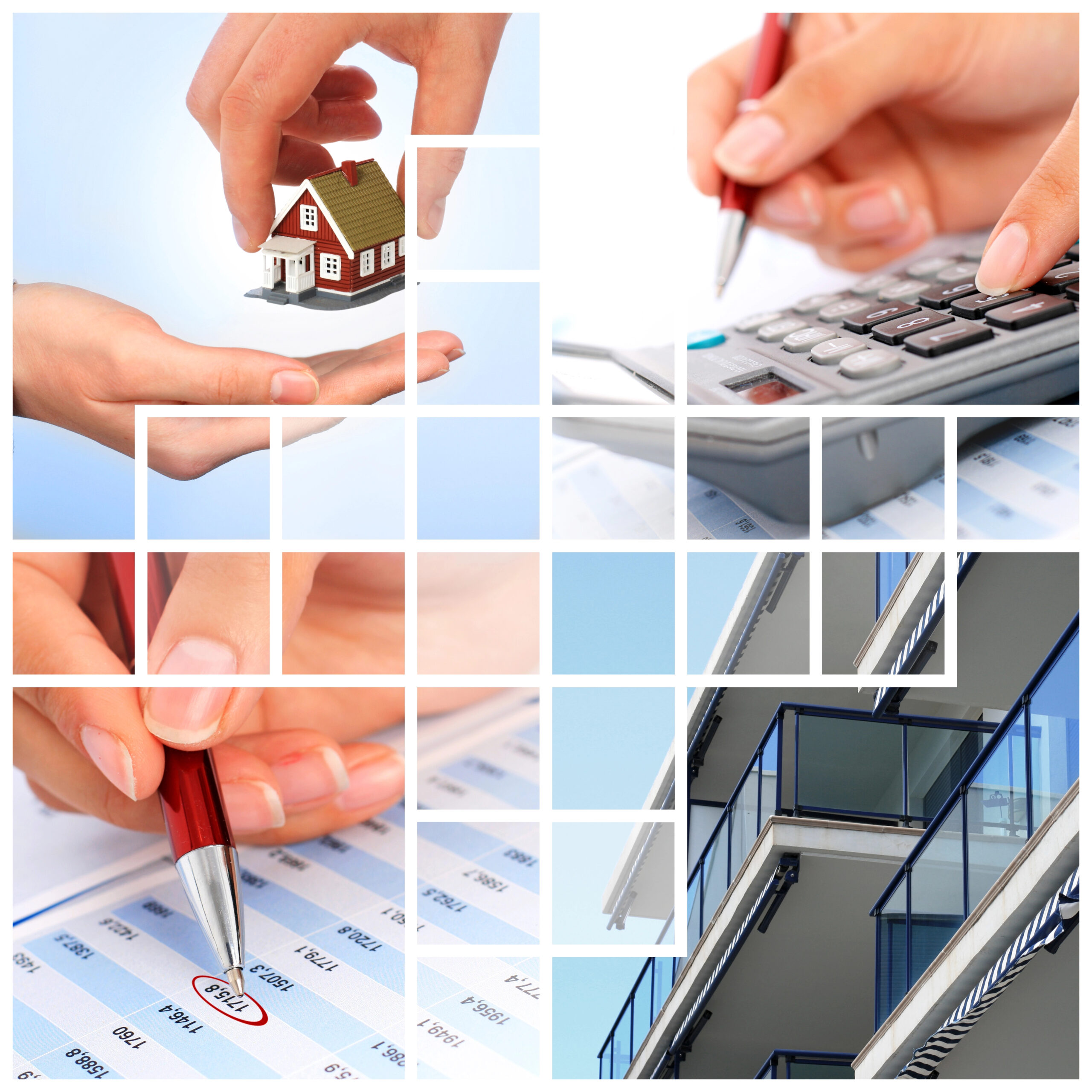Valuing real estate investment property is a cornerstone of making savvy investment choices. Whether you’re eyeing your first property or adding to a growing portfolio, understanding how to accurately assess a property’s worth is crucial. It’s not just about the numbers on the price tag; it’s about uncovering the true value to make informed decisions.
The process involves a blend of art and science, using established methods to gauge potential profits, forecast property appreciation or depreciation, and estimate the return on investment. This knowledge isn’t just power—it’s profit. Let’s jump into how you can master the art of real estate valuation and make your investments work harder for you.
Understanding Real Estate Investment
When embarking on real estate investment, it’s vital you grasp the different ways of determining a property’s worth. Each method provides insights that guide your investment choices. Valuing real estate is not just about its current price tag but understanding its potential profitability and risks.
Primarily, the cost approach evaluates what it would economically take to replicate the property from scratch, factoring in depreciation. This method is particularly useful for new constructions, as it offers a baseline value excluding the land’s cost.
Another essential concept in real estate investment is the 2% rule. This rule suggests that a rental property is a good investment if the monthly rent is at least 2% of the purchase price. It’s a quick gauge of a property’s potential cash flow and, so, its attractiveness as an investment.
Finally, the capitalization rate, or cap rate, helps investors understand the expected return on an investment, typically ranging between 5% and 8.5% for commercial properties. This rate is crucial for comparing the profitability of different investment opportunities without the distortion of financing methods.
Armed with these valuation techniques, you’re better poised to determine which properties align with your investment goals and strategies.
Factors Influencing Real Estate Property Value

When you’re delving into the world of real estate investments, understanding the myriad factors that influence property value is essential. The value of real estate isn’t just about bricks and mortar; it’s a complex interplay of location, property size and layout, and prevailing market trends.
Location
The location of a property is arguably the most critical factor in determining its value. Properties situated in prime areas with easy access to amenities, good schools, and public transport typically demand higher prices. For instance, a property located in a city center or near major employment hubs is more valuable than one in a remote area. The local market conditions also play a pivotal role; properties in high-demand, low-supply areas see their value appreciate more significantly. It’s not just about the current attributes of the location but also about future developments. Areas slated for infrastructure upgrades or new commercial projects can expect to see a boost in property values.
Property Size and Layout
The size of a property directly impacts its value. Generally, larger properties with more living space command higher prices. But, it’s not just the size that matters but also the layout. A well-designed layout that maximizes usable space can significantly enhance a property’s appeal and so its value. The number of bedrooms and bathrooms is especially important in residential properties. For example, homes with three or more bedrooms are particularly attractive to families and tend to be valued higher than smaller homes. Also, properties that offer flexibility, such as an extra room that can serve as a home office, are highly sought after in today’s market.
Market Trends
Real estate values don’t exist in a vacuum; they are markedly influenced by broader economic and market trends. Interest rates, for example, play a crucial role. Lower interest rates can make borrowing cheaper, leading to increased demand for properties and, so, higher values. Conversely, high-interest rates can dampen demand and suppress property values. Economic growth is another influencer; regions experiencing economic expansion, job growth, and population increases will likely see property values rise. It’s important to keep a pulse on market trends, including buyer preferences. In recent years, there’s been a shift towards sustainable and energy-efficient homes, significantly impacting property values.
Understanding these factors gives you a solid foundation to accurately evaluate the potential of real estate investments.
Methods of Valuing Real Estate Investment Property
When you’re eyeing an investment in the real estate market, understanding the value of potential properties is paramount. Below, we jump into three prevalent methods used to ascertain the worth of real estate investments. Each approach serves a unique purpose and applies best under specific circumstances.
Comparative Market Analysis (CMA)
The Comparative Market Analysis (CMA) is your first step towards establishing a property’s worth by comparing it with similar properties that have recently sold in the same area. This method hinges on the principle that properties with similar characteristics in close proximity typically have akin market values. Here’s how you undertake a CMA:
- Collate data on similar properties (or “comps”) sold within the last three to six months.
- Adjust these values based on differences in features, size, and condition to align with the property you’re evaluating.
- Summarise this data to arrive at an estimated market value for your investment property.
The accuracy of a CMA depends on the availability of recent and relevant comparable sales data, making it more viable in active markets.
Income Approach
The Income Approach is particularly insightful for investors focusing on rental properties. This method values a property based on the income it generates, making it a go-to for evaluating residential or commercial rental estates. Key components of this approach include:
- Calculating the Net Operating Income (NOI) by deducting operating expenses from the rental income.
- Determining the property’s capitalization rate (cap rate) from comparable sales.
- Applying the cap rate to the NOI to estimate the property’s worth.
Here’s a simplified formula to illustrate this method:
| Element | Value |
|---|---|
| Rental Income | $20,000 |
| Operating Expenses | $7,000 |
| Net Operating Income (NOI) | $13,000 |
| Capitalization Rate (Cap Rate) | 5% |
| Estimated Property Value | $260,000 |
This method is particularly effective for properties with a clear income stream, enabling investors to gauge their potential return on investment.
Cost Approach
The Cost Approach calculates a property’s value by determining what it would cost to construct a comparable property from scratch, considering land value and depreciation. It’s especially useful for new constructions or properties not generating income, such as schools or hospitals. Steps involved are:
- Estimating the land value as if it were vacant.
- Adding the current cost to construct the building on the land.
- Subtracting depreciation to reflect the property’s current condition.
This method acknowledges the principle that a rational investor wouldn’t pay more for an existing property than the cost to build a similar one. While less commonly applied for income-generating properties, the Cost Approach offers critical insights for unique or newly constructed real estate investments.
Importance of Accurately Valuing Real Estate Investment Property
Valuing real estate investment properties correctly is vital for maximising your return on investment. An accurate valuation not only informs your buying or selling decisions but also shapes your strategy for property improvement and rental income optimisation.
In the area of real estate investing, knowing the true market value of a property helps in securing financing. Lenders rely on solid valuations to determine loan amounts. If you underestimate a property’s value, you might miss out on funding opportunities. Conversely, overvaluation could lead to unfavorable loan terms or outright denial.
Also, accurate valuations are crucial for tax assessments and insurance coverage. Property taxes are directly tied to a property’s assessed value. Hence, a precise valuation ensures you’re not overpaying on taxes. Similarly, to adequately insure your property, you need to know its replacement cost, which is fundamentally tied to its current market value.
Finally, understanding a property’s worth through methods like CMA, Income, and Cost Approach ensures you’re making informed decisions. Whether it’s deciding on the right purchase price, setting competitive rental rates, or making cost-effective renovations, accurate valuations are the backbone of successful real estate investment strategies.
How Much Does Property Valuation Cost?

When you’re looking into valuing a real estate investment property, understanding the costs involved is crucial. Property valuation costs vary widely depending on the valuation method used and the complexity of the property analysis. Typically, for a standard residential property, you can expect to pay between $300 and $600 for a professional appraisal. But, for commercial properties or more complex valuations, prices can escalate significantly, potentially reaching thousands.
Valuating a property using the cost approach, involves calculating physical deterioration and functional obsolescence, which may require a more detailed analysis and hence, could be at the higher end of the cost spectrum. Similarly, the Gross Rent Multiplier (GRM) approach tends to be more straightforward and might be less expensive, but still offers valuable insights into a property’s worth based on rental income.
It’s important to remember, while there are free online tools available, they often cannot substitute the accuracy and detail provided by a professional valuation. Investing in a thorough valuation can save you from potential losses by ensuring you pay or charge the right price for a property.
Conclusion
Valuing your real estate investment property is a critical step in securing your financial future. With costs varying and different methods to consider, it’s clear that understanding the nuances of property valuation can significantly impact your investment’s success. Whether you opt for a professional valuation or leverage free online tools, remember, the effort and investment you put into accurately determining your property’s worth will pay dividends in making savvy, profitable decisions. So, take the time to get it right and set yourself up for long-term success in the real estate market.









